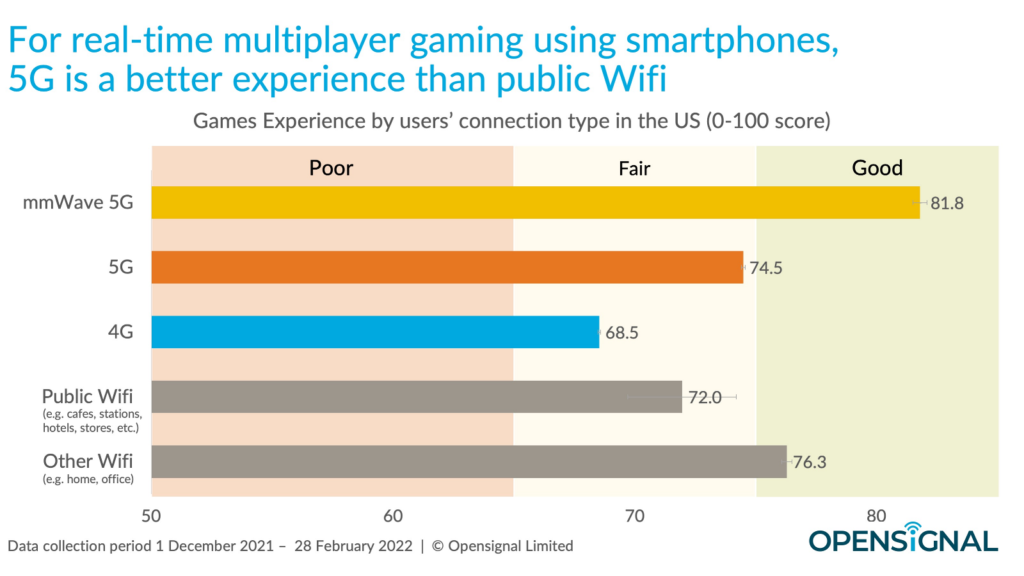Researchers from Forschungszentrum Jülich (FZJ) and the Karlsruhe Institute of Technology (KIT) have made a groundbreaking discovery regarding Josephson tunnel junctions, essential components of superconducting quantum computers. Their findings reveal that these junctions are more intricate than previously thought.
It was found that harmonics, similar to musical overtones, coexist with the fundamental mode in these junctions, potentially leading to quantum bits that are significantly more stable, with improvements ranging from 2 to 7 times.
The journey began in 2019 when Dr. Dennis Willsch and Dennis Rieger, Ph.D. students from FZJ and KIT at the time, encountered challenges in understanding their experiments using the conventional sinusoidal model for Josephson tunnel junctions. To unravel this mystery, the team, led by Professor Pop, analyzed data from various global laboratories, including the Ecole Normale Supérieure in Paris and IBM Quantum’s 27-qubit device in New York.
A Josephson tunnel junction comprises two superconducting electrodes, known as base and top electrodes, connected by a thin insulating barrier of a few atomic layers. These components have long been described using a simplistic sinusoidal model.

The development of large-scale superconducting quantum processors poses a significant challenge due to the intricate nature of solid-state devices. Current superconducting qubits utilize aluminum oxide (AlOx) tunnel Josephson junctions to introduce nonlinearity for quantum operations.
However, the researchers have found that the conventional model falls short in accurately representing these junctions. A mesoscopic model incorporating higher harmonics is necessary to describe the tunneling current between the superconductors accurately, similar to overtones enriching musical tones.
“It’s remarkable that our measurements have reached such accuracy levels, allowing us to identify these subtle corrections to a model that has been accepted for over 15 years,” notes Dennis Rieger.
“As a result, we anticipate that understanding Josephson harmonics will aid in developing more reliable quantum bits, potentially reducing errors significantly and bringing us closer to the vision of a fully functional superconducting quantum computer,” conclude the two lead authors.
Journal Reference:
- Dennis Willsch, Dennis Rieger et al. Observation of Josephson harmonics in tunnel junctions. Nature Physics, 2023. DOI: 10.1038/s41567-024-02400-8



